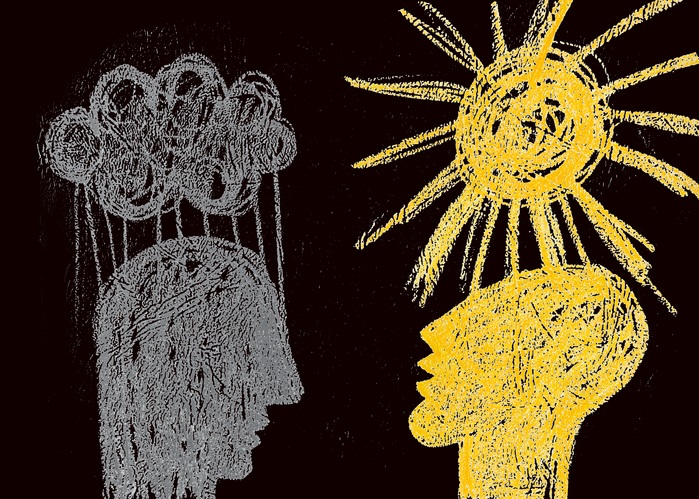
Learned Helplessness is a mental belief that you are unable change a situation and a resulting unwillingness to continue trying; a sense of powerlessness that leads people to give up. It is a passive response, the polar opposite of resilience and optimism, that tends to lead to the avoidance of future challenges. Learned helplessness is a form of “Explanatory Style” i.e. how we explain the world to ourselves, how we make sense of the events of our life, and is often learned from how our early role models deal with and interpret setbacks and disappointments.
Learned Effectiveness is also an explanatory style, though as different as night and day from Learned Helplessness. Learned Effectiveness is a mindset that “there is always a way”, that “there is a solution to every problem”. It is an attitude suffused with enthusiastic confidence, based upon an inbred certainty that continued, intelligent effort will eventually yield a satisfactory outcome, though perhaps in unexpected ways.
The adoption of Learned Helplessness as an explanatory style (philosophy of life?) is associated with depression and anxiety, while Learned Effectiveness has a high correlation with success and life satisfaction.
Closing Quotes:
“It is hardly possible to build anything if frustration, bitterness and a mood of helplessness prevail.” – Lech Walesa, labor leader and first democratically elected president of Poland
“Learned helplessness is the giving-up reaction, the quitting response that follows from the belief that whatever you do doesn’t matter.” – Martin E.P. Seligman, Learned Optimism
“Individuals low in self-concept are likely to attribute failure to a lack of ability, to see no relationship between success and their own actions.” – Melissa Hurst, Executive Director of Talent Strategy and Development at The University of Toledo
As always, I share what I most want and need to learn. – Nathan S. Collier

